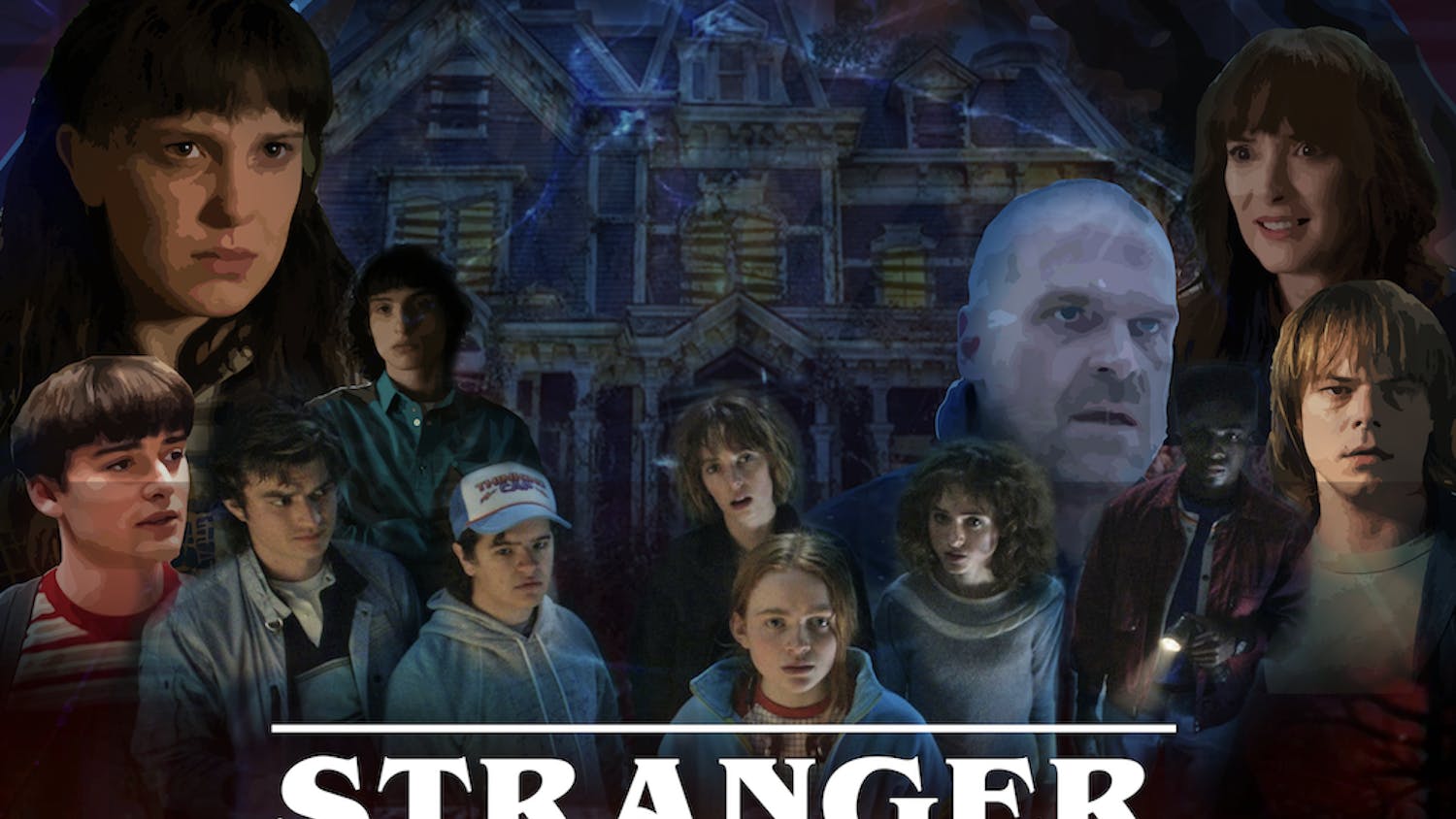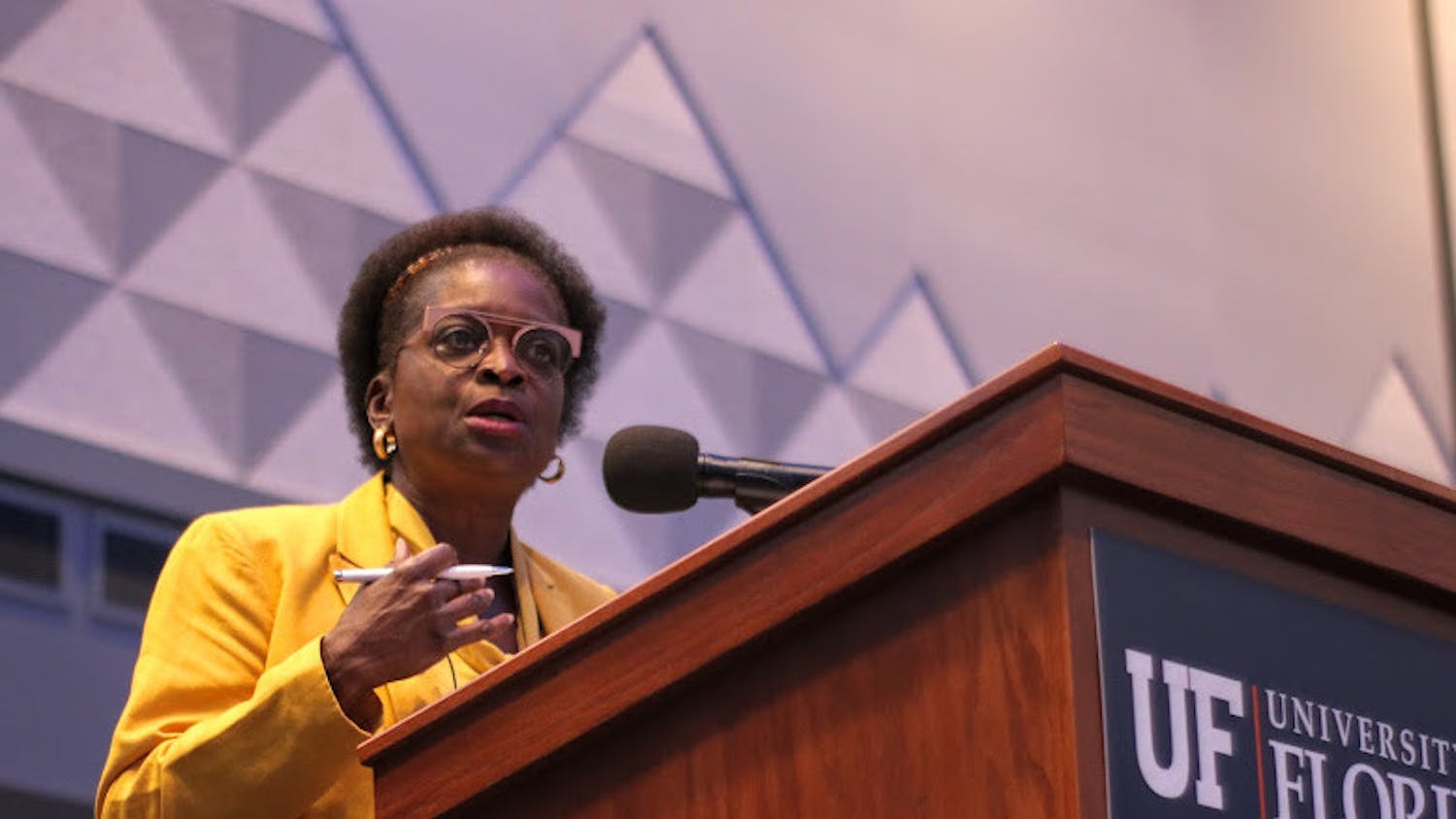Think about the nature of the Internet. It’s anything and everything at your fingertips whenever you want it. One day, we will tell our children we lived in a time when information was truly free.
Net neutrality began unraveling in January with a Supreme Court decision against the Federal Communications Commission. Years ago, the FCC classified Internet Service Providers in a way that limited the commission’s ability to regulate them. Because of this, Verizon sued the FCC, arguing the commission didn’t have the authority to enforce net neutrality. The Supreme Court agreed with Verizon.
Net neutrality works to ensure the Internet is a level playing field for everyone. Without it, ISPs could charge Internet companies more to access its servers, only to slow service if they don’t cough up the money. This helps small companies with few resources grow by avoiding substantial costs to be competitive.
Without the regulations, big Internet companies like Netflix may be required to pay more for the same speed service as other companies or might cut deals with the ISPs to ensure preferential treatment for their traffic. Of course, this extra cost would most likely be passed on to consumers, driving prices up.
Net neutrality advocates still have hope. The Supreme Court gave the FCC a way out. The court basically said the FCC can regulate the way ISPs treat traffic as long as it promotes broadband development.
Unfortunately, Netflix essentially threw that hope away in a deal made with Comcast on Sunday.
Comcast is the world’s largest cable provider and is set to buy out Time Warner Cable in another recently announced deal. If the purchase goes through, Comcast will be the Internet provider to nearly 40 percent of homes. That said, Netflix has seen 25 percent slower service to Comcast subscribers over the past few months.
Because of the infrastructure of the Internet, data doesn’t always go directly from companies like Netflix to service providers. In Netflix’s case, sending traffic through an intermediary before Comcast was the cause of the slowdown. Much like roads jamming when there are too many cars, cables jam when there is too much data. With Netflix accounting for 30 percent of all Internet traffic during peak times, it’s no mystery why content travelled slower.
The deal between the two companies will give Netflix direct access to Comcast’s servers, no middleman required. In other words, they’re paying for better performance, pulling the philosophy of net neutrality up by the roots.
So get comfy with Netflix, Facebook and other Internet giants. It’s likely without net neutrality in place, there will be fewer big breaks for Internet start-ups that rely on the decentralized, competitive nature of the Internet.
It would be extremely difficult for any would-be Netflix challenger to get the funds to purchase the same access that Netflix has. Little access means fewer customers, meaning small companies will have a hard time getting off the ground.
It’s important to note that this doesn’t necessarily violate net neutrality so much as it goes around it. Net neutrality focuses on traffic discrimination. This deal is about Netflix’s ability to directly connect to Comcast’s servers.
But that’s what makes it so problematic. Even if net neutrality is resurrected, the philosophy behind it has already been undermined. If this becomes the new norm, the Internet as we know it is dead.
[Justin Jones is a UF journalism senior. His column appears on Thursdays. A version of this column ran on page 6 on 2/27/2014 under the headline "Net neutrality is a thing of the past"]





